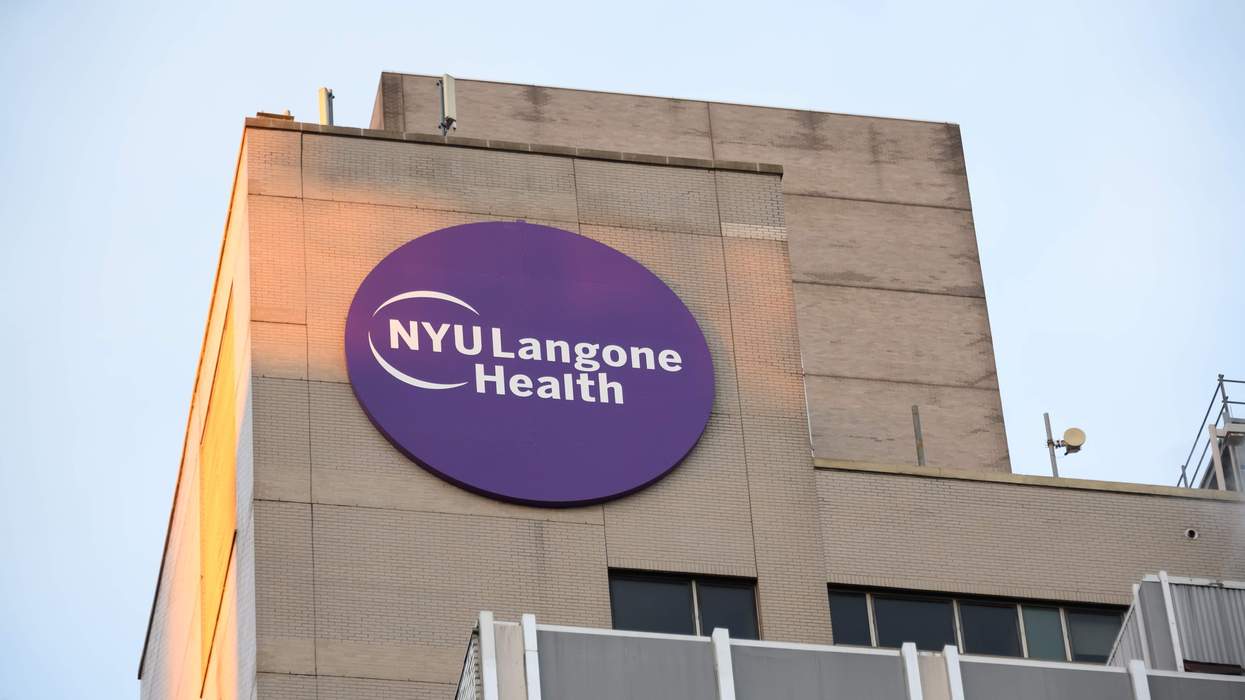A new study about the genetics of breast cancer may help doctors decide how aggressively to treat a perplexing form of the disease that often never spreads beyond the milk ducts. At issue is ductal carcinoma in situ, or DCIS, which sometimes can spread and turn deadly but often can remain in place harmlessly for many years. Because of the uncertainty, doctors often do not know whether to attack it aggressively, with a mastectomy, or just wait and watch. DCIS accounts for 20% of new cases of breast cancer in the United States, according to the American Cancer Society. About 50,000 women a year are diagnosed with it. For more than a decade, doctors have known that mutations of the genes BRCA1 and BRCA2 play a role in other, more invasive types of breast cancer. Now, in a study published in Wednesday's Journal of the American Medical Association, researchers have for the first time linked those two mutations to DCIS too. The researchers said these two mutations appear to increase the risk of invasive breast cancer--and ovarian cancer too--in women with DCIS. The study's author, Elizabeth Claus of Yale University School of Medicine, said women with DCIS, if they have a family history of breast or ovarian cancer, could be offered genetic screening to see whether they carry BRCA1 or BRCA2 mutations. Women found to be carriers could then choose, for example, to have more frequent mammograms or other types of screening, while others might decide on a mastectomy. The study found that women with DCIS had a 3% rate of one or both BRCA mutations, a rate similar to that found in women with invasive breast cancer. BRCA mutations are rare in the general population, appearing in about 1 in 800 women. In the study, 11 out of 369 women with DCIS had BRCA gene mutations. Six of the 11 experienced new cancers during the five years researchers followed them. Of those six, two reported cancer in the opposite breast. Another two developed ovarian cancer. Lynn Hartmann, a cancer specialist at the Mayo Clinic in Rochester, Minn., said that in women with DCIS, only those with other risk factors--such as a family history of cancer or Eastern European Jewish heritage--should be offered genetic counseling. "We certainly don't want every woman with DCIS to think, Oh, now I have to worry about this too," she said. (AP)
Search
AI Powered
Human content,
AI powered search.
Latest Stories
Stay up to date with the latest in LGBTQ+ news with The Advocate’s email newsletter, in your inbox five days a week.
@ 2026 Equal Entertainment LLC.
All rights reserved
All rights reserved
By continuing to use our site, you agree to our Privacy Policy and Terms of Use.
The Latest
Support Independent Journalism
LGBTQ+ stories deserve to betold.
Your membership powers The Advocate's original reporting—stories that inform, protect, and celebrate our community.
Become a Member
FOR AS LITTLE AS $5. CANCEL ANYTIME.
More For You
Most Popular
@ 2026 Equal Entertainment LLC. All Rights reserved















